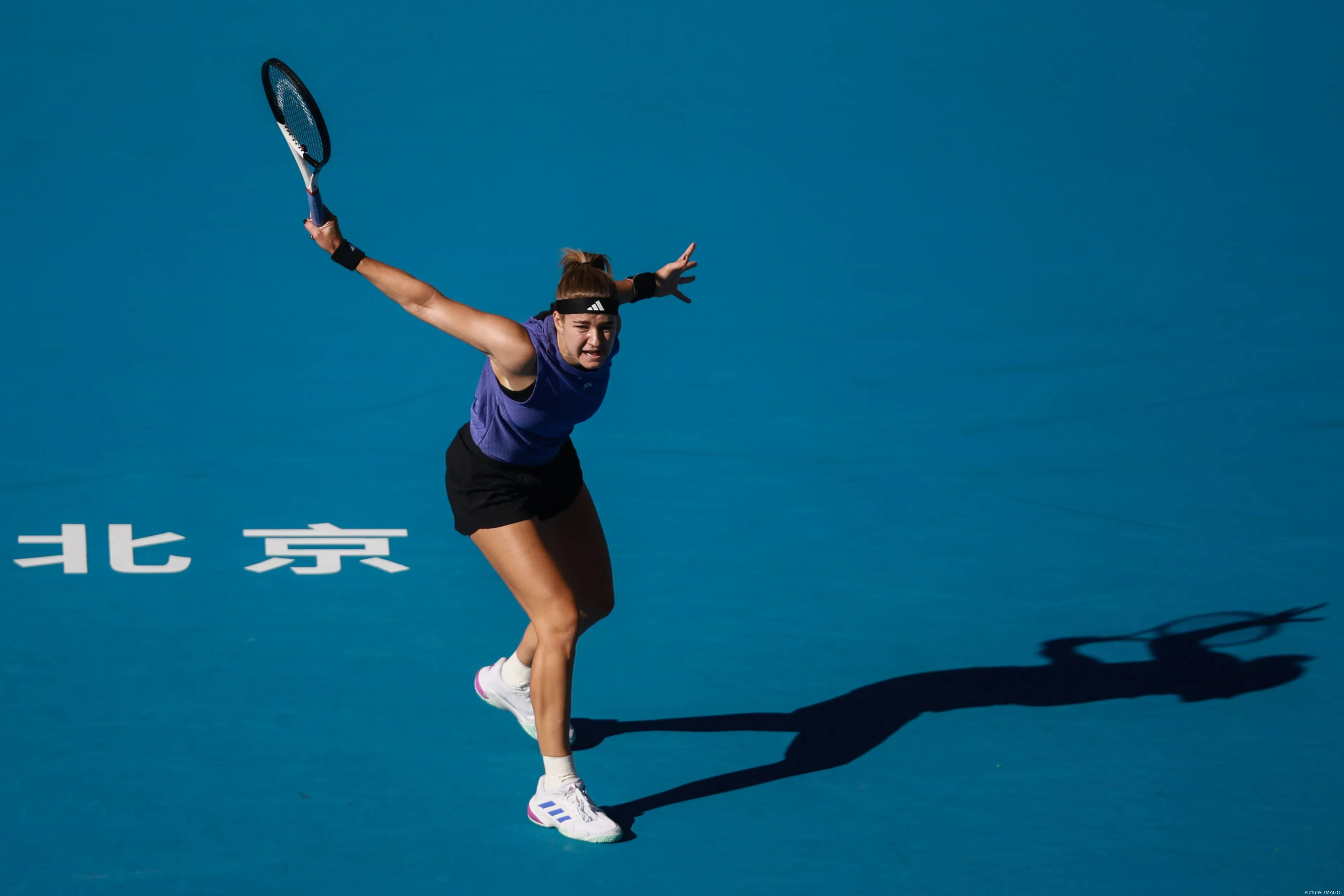The ATP and WTA stars have been warned by the International Tennis Integrity Agency (ITIA) to be cautious with their diets while competing in Asia, where contaminated meat could contain banned substances. The alert comes as players travel to the region for a series of tournaments following the US Open, highlighting how even everyday meals can pose a threat to their careers.
The concern is not new: certain countries have been associated with livestock treated with substances prohibited under anti-doping regulations. As a result, the ITIA has taken proactive steps to remind athletes that vigilance is essential during competition. “Players are urged to understand the risks of eating meat in these countries (China, Mexico and Guatemala) during tournaments and seek other sources of protein (such as plant-based, or fish) where possible.”
The emphasis is on prevention, since a positive test—even if unintentional—can lead to suspensions, reputational damage, and significant career setbacks. For tennis professionals, the margins between success and disaster are razor-thin, and nutrition plays a critical role. Beyond performance, it is also a matter of protecting their eligibility to compete.bThat is why the ITIA’s message extends beyond simple warnings, offering practical solutions for players traveling internationally. “And the ITIA have explained that athletes should try to consume meat only from the tournament venue and hotel, ask about the source of meat if possible and eat with other players.”
Read also

ITIA hands lifetime ban to Thai tennis player for match-fixing
By following this guidance, players can minimize the risks of accidental doping violations while staying focused on their matches. The warning underscores how global tennis is not only about adapting to different courts and conditions, but also about navigating the challenges of food safety. For ATP and WTA athletes, awareness and caution are as vital off the court as their preparation on it.


